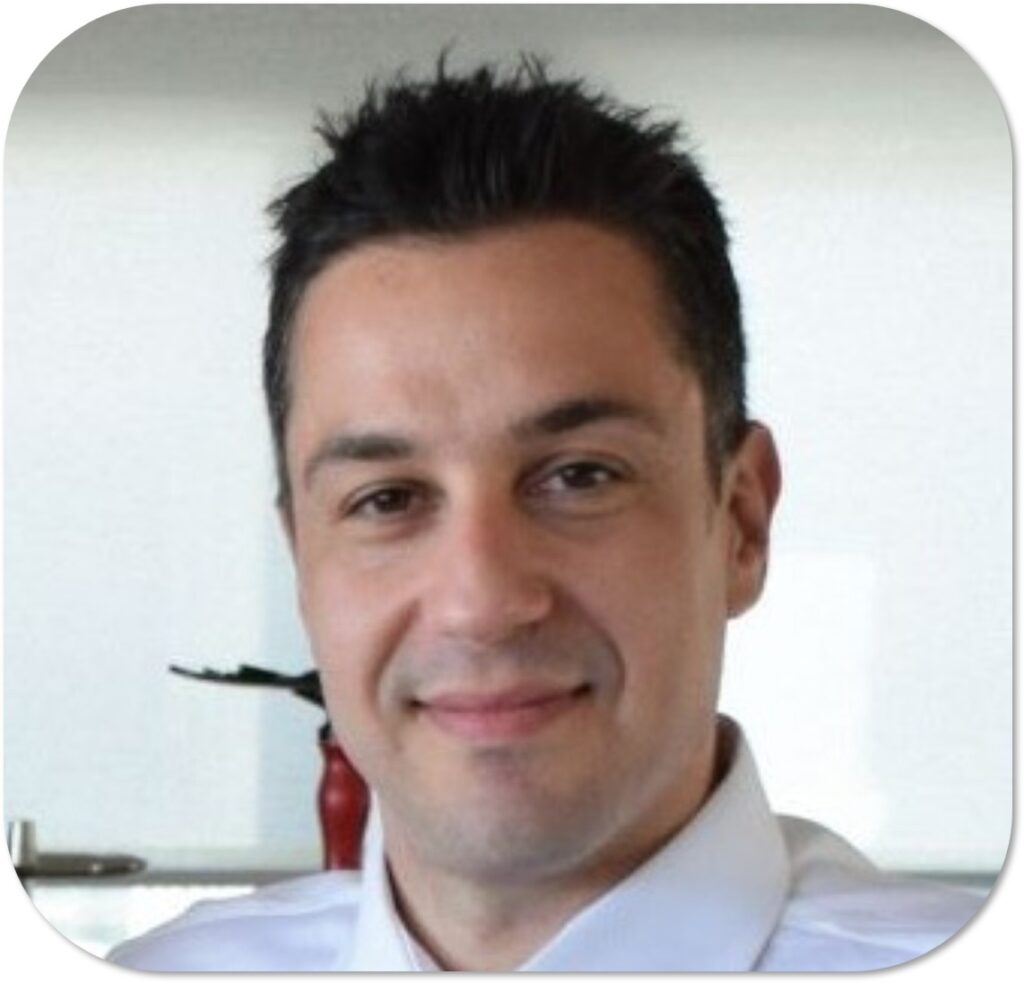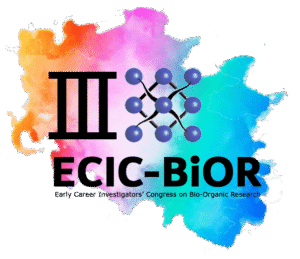
Dr. Michail Christodoulou
Department of Food, Environmental and Nutritional Sciences (DeFENS)
University of Milan (Italy)
In the treatment of cancer, it is often not sufficient to find highly active molecules. The majority of active compounds have its primary target within cells and tissues and, in order to exploit the pharmacological activity, a minimum concentration is needed to be reached at the site of action. Many factors may cause a decrease in the intracellular drug concentration. Among them, low water solubility, low partition coefficient across cell membranes and extensive exportation via
efflux transporters such as multi-drug resistance proteins and P-glycoproteins. For these reasons, a selective delivery of drugs to their sites of action could result in greater therapeutic effects and potentially minimize side-effects.
Self-assembly drug conjugate preparation is a promising approach to improve activity and penetration through physiological barriers of potent small molecules, as well as to reduce any side effects. Drug conjugates can self-assemble in water to form nanoparticles (NPs) that offer several advantages because: (i) they are easy to obtain; (ii) they can reach high local drug concentration in tumor tissues; and (iii) they can reduce the side effects of drugs. All these factors improve drug pharmacokinetic properties. [1]
Based on the pioneer work of Prof. P. Couvreur in the field of nanomedicine and drug delivery and especially in the application and understanding of squalene nanoparticles, in this presentation a journey from squalene-drug nanoassemblies to tetraphenylethylene-based photoluminescent-drug nanoparticles is depicted.
References
[1] G. Fumagalli, C. Marucci, M. S. Christodoulou, B. Stella, F. Dosio and D. Passarella.
Drug Discov. Today 2016, 21, 1321-1329.
Prof. Michail Christodoulou was from 2021 an Assistant Professor and from 2024 an Associate Professor of Organic Chemistry in the Department of Food, Environmental and Nutritional Sciences of the University of Milan working on the synthesis of natural and synthetic compounds with antitumor, antifungal or antibacterial activity and in the development of novel green and sustainable enzymatic reactions.
Dr. Christodoulou received his BSc and MS from the Chemistry Department of the University of Patras, Greece, followed by a PhD in Medicinal Chemistry from the General Department of the Agricultural University of Athens, Greece, in 2010 with a thesis on the synthesis of novel bioactive molecules and evaluation of their biological activity. From 2011 till 2015 he worked as a postdoctoral researcher at the University of Milan, Italy, on the design and synthesis of natural and synthetic compounds focusing on different biological targets such as Cancer Stem Cells, the Glycocorticoid Receptor, Topoisomerase I and II, Sirtuins and Microtubules. From 2015 till 2017 he continued his research as a Post-Doctoral researcher at the University of Modena and Reggio Emilia, Italy, where he worked on the AIRC IG15993 project entitled: “Design and development of CDK2 and EGFR type III allosteric inhibitors as anticancer drugs”. From 2017 till 2020 he was an Assistant Professor at the Department of Pharmaceutical Sciences of the University of Milan working on the development of metal-catalysed and metal-free domino reactions and for the synthesis of novel compounds with anticancer activity. Dr. Christodoulou is author of 71 publications on international peer-reviewed journals and has presented his work at various international conferences in the field of cancer research. He is an active participant in the COST Actions: CA21145 “European Network for diagnosis and treatment of antibiotic-resistant bacterial infections (EURESTOP)”, CA21130 “P2X receptors as a therapeutic opportunity (PRESTO)” and CA22103 “A COMPREHENSIVE NETWORK AGAINST BRAIN CANCER (Net4Brain)”.
